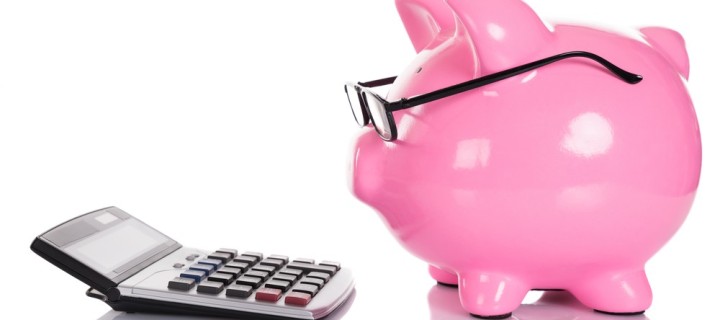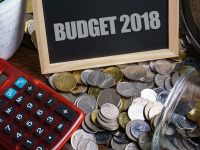Especially after the craziness of holiday spending, making a resolution to fix your budget and save money in 2015 seems like a wise New Year’s Resolution. Whether you’re looking to reduce your debt, start saving for the future, or simply be more aware of your spending habits, consider these tips from around the web to help with financial organization in 2015:
Learn Your True Habits
Don’t just estimate your spending, and don’t mindlessly pay the minimum balance on your credit card without assessing your routine. For one week, track every penny spent, from the 50 cents you chip in for a cup of office coffee to the $78 you spend during a trip to the grocery store. Of course, you should know your big, recurring expenses like your rent or mortgage, car, and insurance. Be honest about your discretionary habits and include them in your budget. Keeping track of every penny spent, whether by collecting receipts, jotting down expenditures or tracking your spending in a smartphone app, is the first step to assessing where you stand and taking the first steps to alter your habits.
Go Debt-Free
While some debts, like a mortgage, may hang over your head for most of your adult life, most debts can be chipped away at with discipline and organization. High-interest debts like credit card debt should be targeted first. Because interest costs you so much money in the future, try to reframe paying off debt as giving yourself extra money down the road. Pay more than the minimum balance and chip away at the debt and your interest payments in one fell swoop.
Emergency Fund
If you don’t have an emergency fund, start one immediately. Set aside a few dollars from each paycheck and don’t touch it. Should you get a bonus, extra-large commission, or some other financial windfall, set aside at least half of it for the emergency fund. In due time, you’ll have a healthy amount of savings to protect you from unforeseen events like car repair or even job loss. At least six months’ expenses is a recommended amount for an emergency fund.
“Magic” Money Jars
When you don’t physically see the money you’re spending, it’s easy to throw it away left and right with no immediate consequence. Once your essentials are paid (rent, car, debt repayment etc.), budgeting guru Gail Vaz-Oxlade recommends placing your remaining budget in jars in cash form, labelled with everything from “food” and “clothing” to “entertainment.” If your budget dictates you only have $17 to spend on entertainment this month, you’ll be a lot more wise with your purchasing decisions. Being able to see and touch the money available can make you much more aware of your spending habits.
Being aware of your spending habits, budgeting, and maintaining an emergency fund are good starts to becoming financially organized. Once you have the basics in place and no longer feel overwhelmed you can target paying off your mortgage, planning retirement investments, and organizing a portfolio that sets you up for a healthy financial future.







